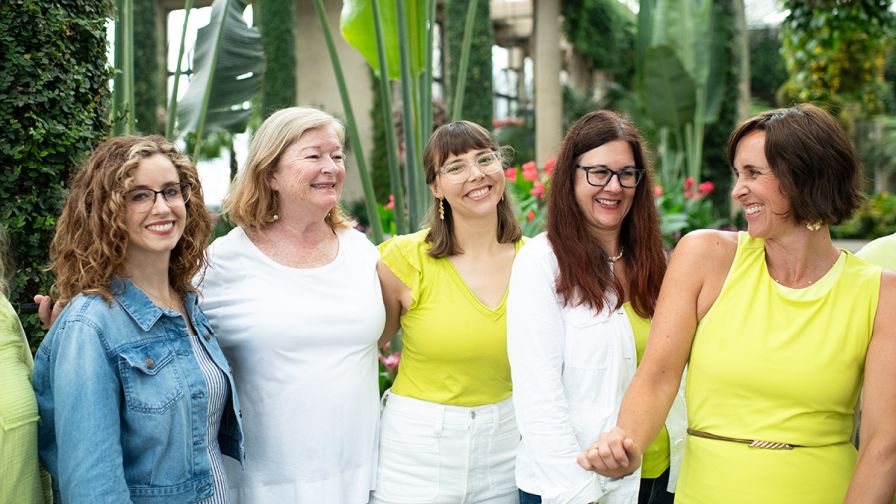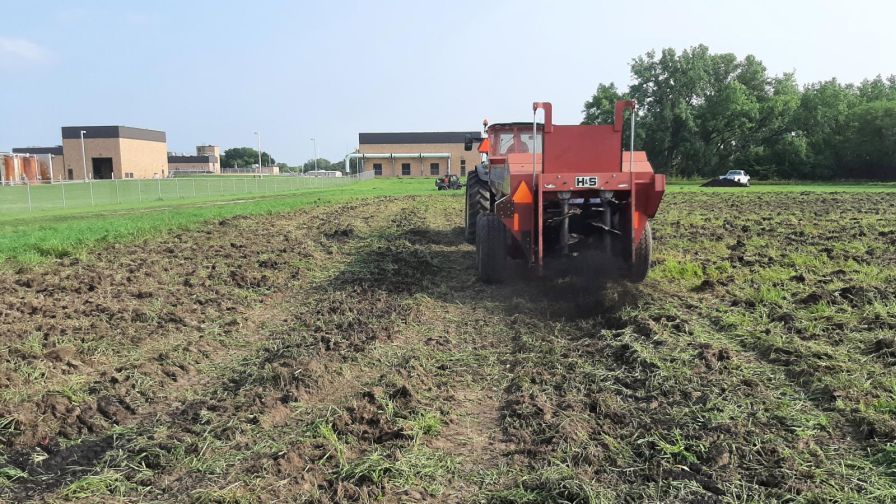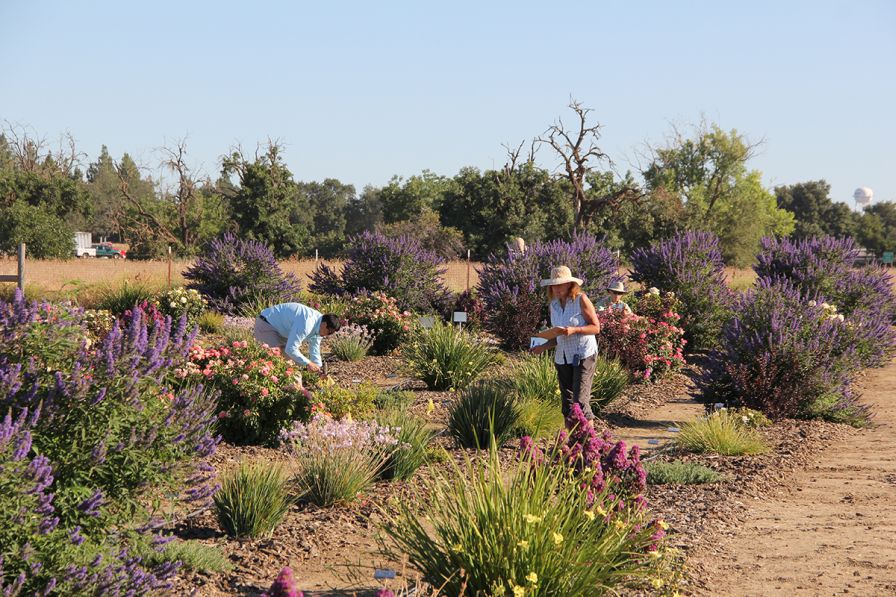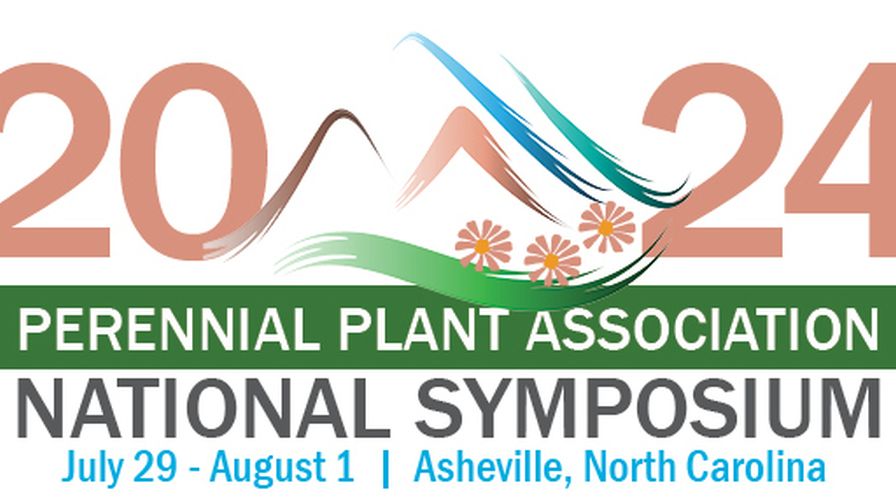How Kentucky Fresh Harvest Built a Model for Sustainable Greenhouse Vegetables
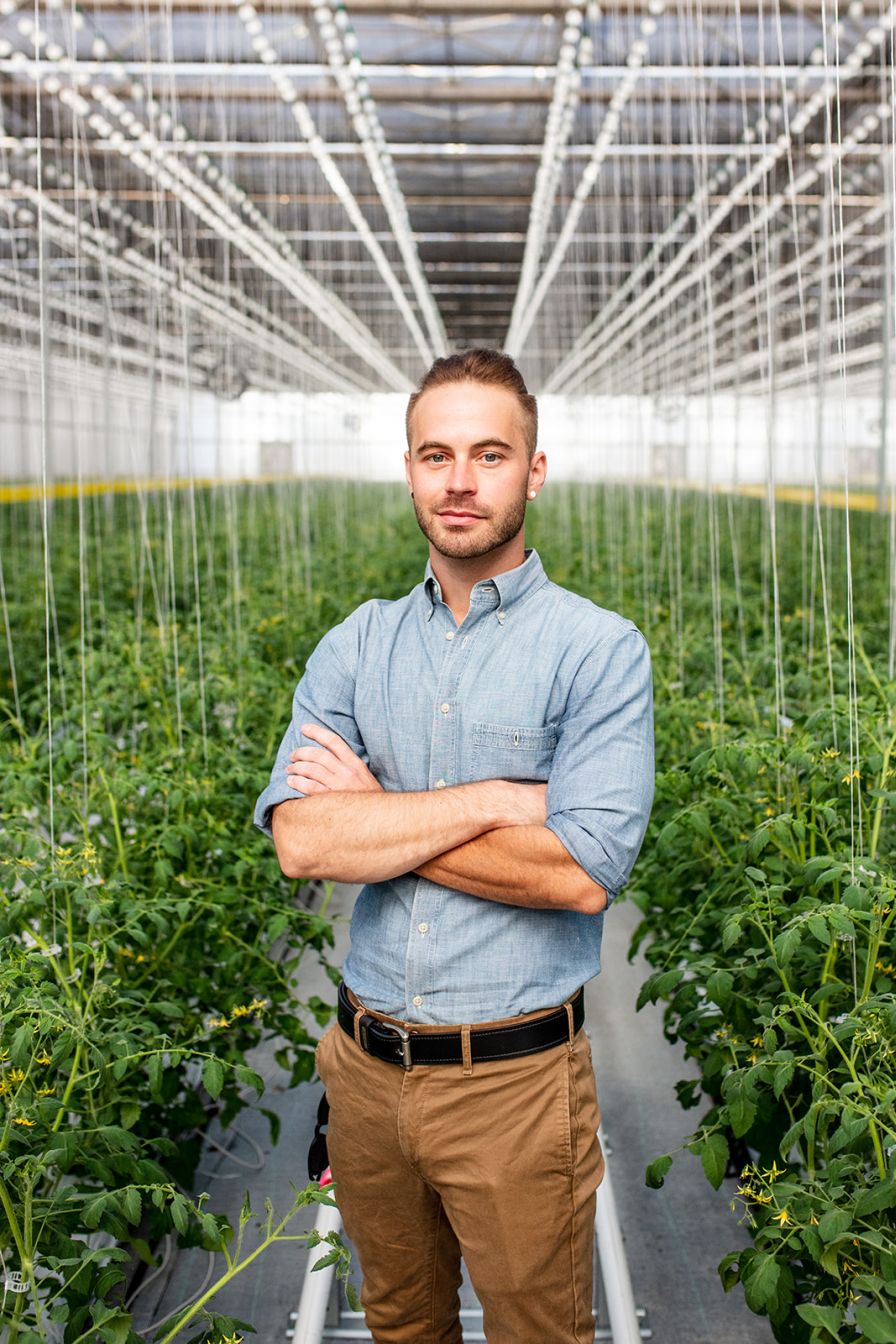
Trevor Terry
Kentucky may be famous for its bourbon, horses, and fanatical college sports fans, but lately, it’s also making a name for itself as a hot spot for greenhouse vegetable production. One of the companies playing a key role in this is Kentucky Fresh Harvest (KFH), which after several years spent building the state’s first high-wire vegetable production greenhouse, will be launching its Brilliant tomatoes later this year. In the first of a four-part series, I recently talked over Zoom with Trevor Terry, Chief Marketing Communications Officer at Kentucky Fresh Harvest. Trevor moved back to his home state of Kentucky in 2015 to pursue a career in protected agriculture. In May of that year, he began an internship with Kentucky Fresh Harvest as a member of the team responsible for scouting potential locations and pitching the Future of Farming to investors across the commonwealth. He helped the original partners at KFH to not only refine the company’s messaging, but find new opportunities for collaboration and innovation as well. After a little over a year spent traveling the state, meeting with community leaders and entrepreneurs, Trevor was hired as the company’s first official employee. His detail-oriented approach to communications combined with solid networking and storytelling skills have made him a valuable member of the team from the first pitch, through the construction phase, and into production.
As the Chief Marketing Communications Officer, Trevor is responsible for defining and implementing the farm’s communications strategy and developing a brand that will engage the consumer. But when you talk to him, it quickly becomes apparent that he’s most proud of the legacy the company has already built in the region. In fact, there’s probably no one more excited than him about the future of farming in Kentucky.
Brian Sparks: Can you talk about the origins of KY Fresh Harvest?
Trevor Terry: The company’s articles of organization were submitted to the state in 2015, but the project actually began before that, when the two original partners, Curt Meltzer (current CEO) and Bill Back (Director of Special Projects) were approached by a turnkey greenhouse company based in Israel looking to expand into the U.S. Although neither of the partners had a background in protected agriculture, Curt’s prior experience representing other foreign business interests helped the two recognize the opportunity to close the gap between imports and exports of fresh produce, of any multi-billion dollar industry, was tremendous. At the same time, the Israeli group needed some help identifying potential locations for a flagship U.S. farm and Bill, said, “I know just the place.”
When I joined the company in 2015, the partners had already begun working to develop relationships with community leaders and looking for investors in the state. While the concept of a “high-tech greenhouse” wasn’t even on my radar at the time, I was intrigued by the idea and hungry enough to ask if I could tag along to their next meeting.
Honestly, that first pitch wasn’t bad. In fact, it was the first time I heard some of the stats about Kentucky’s location and abundance of natural resources that we still point to today, but the guys were having a time trying to sell this idea to investors. Don’t get me wrong, there was a strong business case there and that’s crucial, but there was also a great story to be told around local food, sustainability, and an agricultural renaissance in rural America.
After another year and thousands of miles on the road, another family connection led us to Stanford, KY, and our first investor, Carol Hill. Carol’s a native of Stanford, an accomplished attorney, and she’s been an active member in Lincoln County’s justice system for most of her professional career. She remembers the Stanford she grew up in and was actively looking for a way to help give back to the community cares so deeply for.
I’ll never forget the day she decided to invest. “OK, let’s do it,” she said, “if it’s going to be everywhere in Kentucky, I want the first one in Lincoln County.”
That drive to do well and do good has really been a guiding principle for all of us since then, and Carol is exactly the type of person you want in your corner when things get bumpy. In the first stages of the project, we needed the Israeli group for just about everything, but once we started to build out a team of local horticultural talent with shared values, starting with Chief Operating Officer Shubin Saha, it became apparent pretty quickly that we had what we needed right here.
That was a huge unlock for me, personally. With that decision to move forward on our own, Kentucky Fresh Harvest went from a development project to a real, Kentucky farm. That means a lot to all of us on the ground and, trust me, it made that first tomato taste that much sweeter.
Brian: Did your team have any issues in terms of sourcing supplies this year during the pandemic?
Trevor: This team has overcome so many challenges. Everything from regulatory hurdles to the wettest year on record and, of course, the COVID-19 pandemic. It was a little surreal for everyone down here, I think, to all of the sudden become “essential,” but we had made too much progress and had too many livelihoods on the line to delay this any further. Leadership felt it was important to stick to the plan, and in April of last year, decided to move forward with our pilot phase.
We built this phase into our five-year plan to mitigate the risks involved in jumping straight into full-scale, year-round production. And it gave us an opportunity to build foundational skills at every level of the business. Fortunately, we’ve had some real, science-based leadership in Governor Beshear’s administration as well as a network of local suppliers who’ve been supporting Kentucky agriculture for just as long. They’ve been great partners in this effort.
Of course, a lot of the equipment and materials we need to grow and pack the product come from Canada, the Netherlands, and Israel where they’ve had decades to build out a network of suppliers that support this industry. The U.S. is just not there yet and the pandemic definitely exposed the challenges to growing here. That said, our friends in Israel and elsewhere didn’t leave us hanging. I mean, what technician wouldn’t love to sit at home in Tel Aviv or Ontario rather than make that flight? We poke fun, but the virtual training and troubleshooting calls made it possible to bring systems online and that crop to fruition. I think it really speaks to our team’s ability to adapt to new challenges and, again, gives me a lot of confidence in the future.
Brian: How did you make sure your team had the right production knowledge and experience?
Trevor: That comes straight from Shubin. He’s got real experience in research and Extension and a passion for growing that’s contagious. He’ll probably tell you he prefers working with plants over people, but he’s been helping growers of all sizes improve yield and quality for several years before joining our team (including the University of Florida, Purdue University, and the University of Kentucky). I think that translates into a balanced, cooperative approach to leadership with a strong emphasis on developing people’s existing strengths. His willingness to share and teach has been a huge advantage for us and he’s been instrumental in building out the team we have today
Brian: How did you decide which crops to grow?
Trevor: Here in Kentucky, and all around Appalachia, we’re crazy about tomatoes. My family back in Breathitt has been growing them on the farm for as long as I can remember, and they take it seriously. We’ve even got this tradition where, every Summer, the first ripe tomato off the vine is presented to the youngest in the family. If you’ve ever had a homegrown tomato in late July you know what a great tomato is supposed to taste like and, you’ve probably been looking for that kind of experience since that first bite. So, in developing our crop mix, we knew we had to find varieties that would not just thrive in Kentucky’s unique conditions, but meet the expectations of a sophisticated group of consumers right here in the Bluegrass.
To honor that tradition, we’ve honed in on four varieties of snacking tomatoes that showcase a range of colors, shapes and flavor profiles. On July 4th, we’re launching the Brilliant brand with the release of Radiant Reds, a red snacking variety grown for the true tomato aficionado. It’s got a rich, balanced profile that you’d expect from a larger variety with enough sweetness to keep you coming back for more. That’s just the first taste of what Brilliant has to offer and, later this year, we’ll be introducing the rest of the lineup including my personal favorite, the Tiger Gem. It’s a pretty finicky variety to work with, but our growers have managed to dial in on exactly what it needs and it was well worth the effort.
Brian: From where you started to where you are today, what’s the biggest lesson you’ve learned and what are some of the next steps you guys have planned?
Trevor: In the beginning of this journey, I thought the whole protected agriculture business was about technology. I think the majority of the coverage of this industry leads folks to that same conclusion, but the most important lesson I’ve learned in more than five and a half years working here is that, really, it’s all about people. Don’t get me wrong, the methods and technology that make sustainable, year-round, controlled environment production possible are incredible, but all of that would be nothing without the farmworker. Sustainability is more than a buzzword, it’s a set of values that we try to embody in everything we do. That means that beyond building an environmentally sustainable farm, and an economically sustainable business, we are responsible for creating a socially sustainable, equitable work environment as well. That’s something I’m really passionate about because I’ve seen, first hand at KFH, how that kind of thinking can affect real change at every level of a business.
In terms of what’s next, 2021 is a big year for us and for everybody. I think we’re all trying to figure out not just how to move forward from COVID-19, but how we can do better going forward. The Equitable Food Initiative (EFI) certification is going to be important for us because if we want to continue to enjoy the abundance we’ve come to expect then we have to know where our food comes from, get to know the folks who grow it, and make choices that support their well-being. Beyond that, we’re always working toward expanding the greenhouses further. We currently have 11 acres under cover, not including the nursery, which is a half-acre and the packing house, which is 1 acre. We’re also looking to make continuous improvements to our production systems, our organization, and the ways we interact with the consumer.




